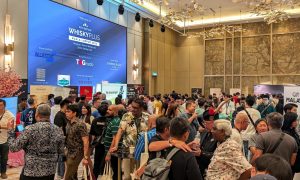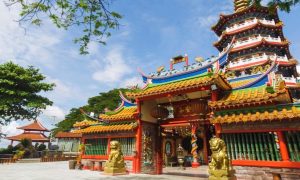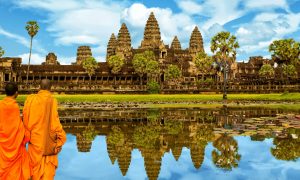As Malaysia continues to refine its flagship residency scheme, updated figures reveal a steady flow of long-term foreign residents, particularly from China, embracing the country as their second home.
Malaysia’s long-running Malaysia My Second Home (MM2H) programme has drawn nearly 6,000 active participants since the introduction of new requirements in 2023. According to Tourism, Arts and Culture Minister Datuk Seri Tiong King Sing, as of August 31, a total of 5,972 foreigners currently hold MM2H passes.
Of these, 2,134 are principal participants, while 3,838 are dependants. Chinese nationals make up the largest share by far, with 3,414 principal and dependant pass holders combined. They are followed by citizens of Taiwan (611), Hong Kong (292), Singapore (184), and the United States (174), rounding out the top five countries of origin. It is certainly interesting to note that of this group, the top four are ethnically Chinese markets, underscoring Malaysia’s appeal to this segment.
“The MM2H programme offers long-term social visit passes and does not grant citizenship to foreign nationals,” said Tiong in a parliamentary written reply to a question from Datuk Seri Dr Ismail Abd Muttalib (BN–Maran). “Those wishing to obtain Malaysian citizenship must apply through the National Registration Department, subject to the requirements outlined in the Federal Constitution.”
The minister added that the latest iteration of the programme, managed by the Ministry of Tourism, Arts and Culture (MOTAC), includes a requirement for participants to own property in Malaysia as part of demonstrating a genuine commitment to residing in and contributing to the local economy.
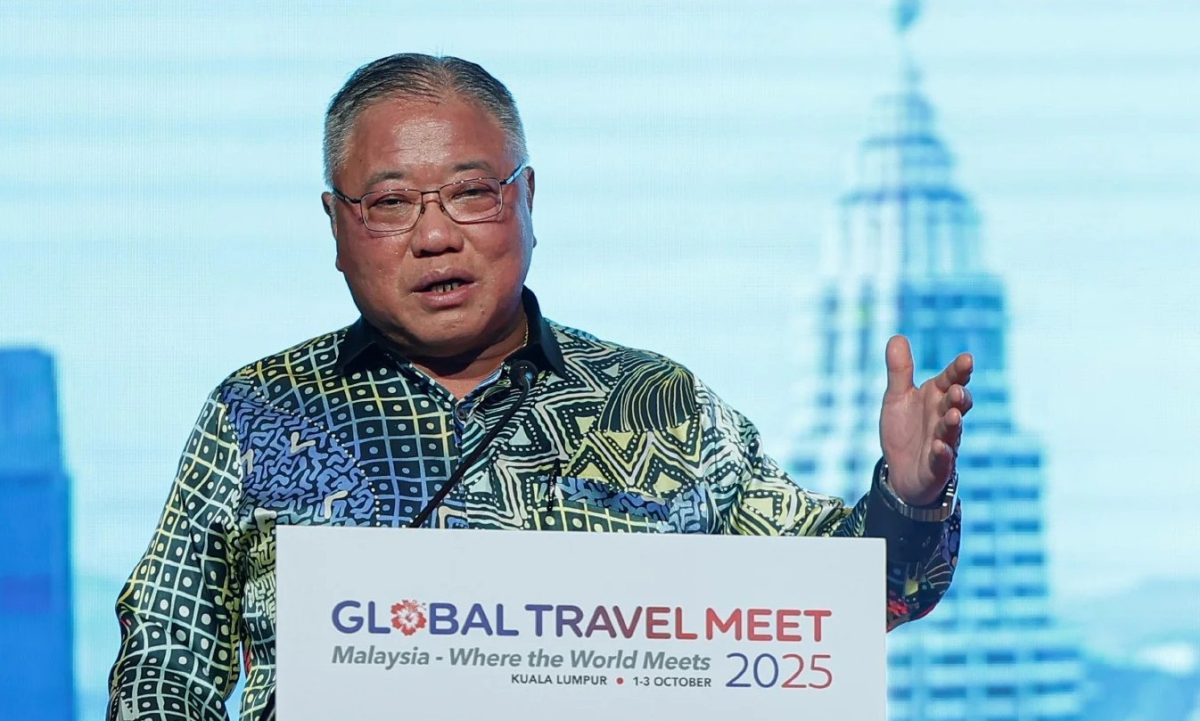
EVOLVING FRAMEWORK TO ATTRACT LONG-TERM RESIDENTS
The MM2H programme was first launched in 2002 with the goal of positioning Malaysia as a preferred destination for long-term residence among professionals, retirees, and high-net-worth individuals seeking stability and comfort in Southeast Asia. Participants are granted renewable 5- or 10-year social visit passes, depending on their category, allowing them to reside in Malaysia with their spouses, children, and certain dependants.
The scheme has been revised several times over the years to balance Malaysia’s openness to foreign residents with the need to ensure meaningful economic participation. In 2021, the programme was temporarily suspended and later relaunched under stricter financial conditions, including higher offshore income and fixed deposit requirements. These changes drew mixed reactions, with some industry stakeholders and long-time MM2H agents expressing concern that the tougher terms might deter applicants.
To address these concerns, the government announced in late 2023 that a revised and more flexible framework would be introduced. The programme was subsequently divided into three tiers — Silver, Gold, and Platinum — each with varying financial thresholds and benefits. This tiered structure, aimed at attracting a broader pool of participants, was also intended to make Malaysia more competitive against regional schemes such as Thailand’s Long-Term Resident Visa and Indonesia’s Second Home Visa.
A CONTRIBUTION TO THE ECONOMY AND COMMUNITIES
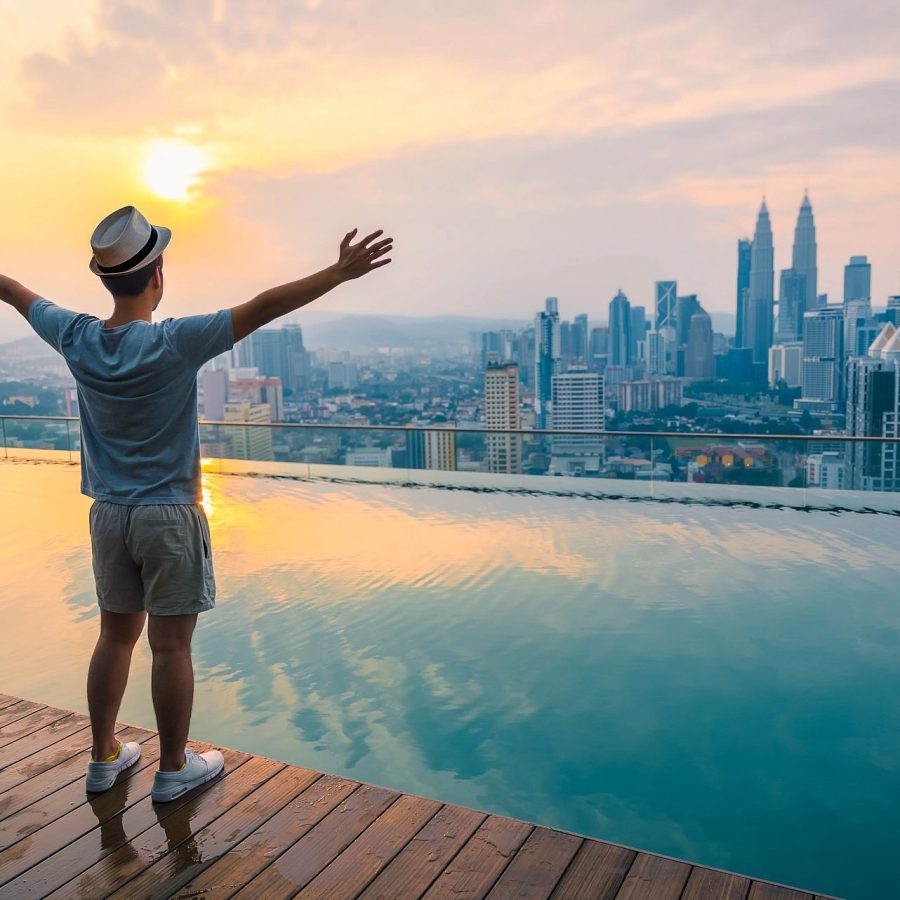
Beyond the immediate inflow of funds through property purchases and deposits, MM2H participants contribute significantly to the service, real estate, and tourism sectors. Many of them are retirees who choose Malaysia for its affordability, high-quality healthcare, and cultural diversity, while others are professionals or entrepreneurs maintaining regional business operations.
Industry analysts estimate that since its inception, the MM2H programme has brought billions of ringgit into the Malaysian economy through investments, long-term stays, and ongoing expenditure. Popular residential destinations among participants include Penang, Kuala Lumpur, Johor, and Sabah, with smaller numbers opting for Langkawi and other scenic locales.
Datuk Seri Tiong noted that the government remains committed to improving the MM2H framework to ensure transparency and competitiveness. He added that close coordination between MOTAC, the Home Ministry, and the Immigration Department would continue to streamline application processes and ensure compliance with national regulations.
“Malaysia offers an attractive mix of lifestyle, stability, and value. We want participants who are genuinely invested in being part of this community, not just those seeking convenience,” he said.
As Malaysia moves toward its 2026 Visit Malaysia Year campaign, the MM2H programme is expected to continue playing a strategic role in boosting the country’s international appeal — not only as a favoured travel destination but also as a long-term home for global citizens seeking a well-balanced life in Asia.
Sources: New Straits Times, Ministry of Tourism, Arts and Culture (MOTAC), Immigration Department of Malaysia, The Star, Malay Mail.
TEG Media, owner of this website, also operates a long-running and highly successful MM2H agency. Visit mm2h.com for details.




